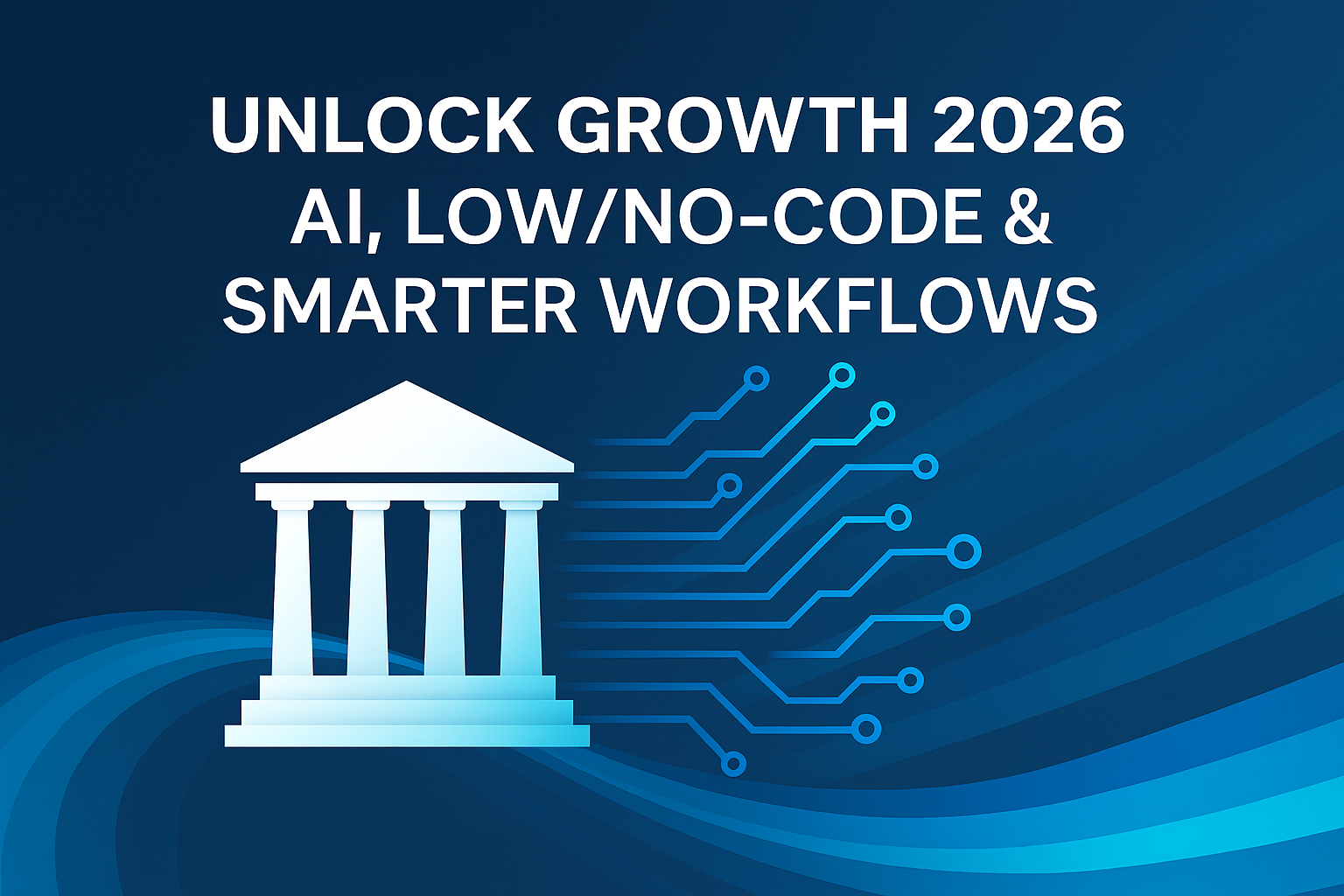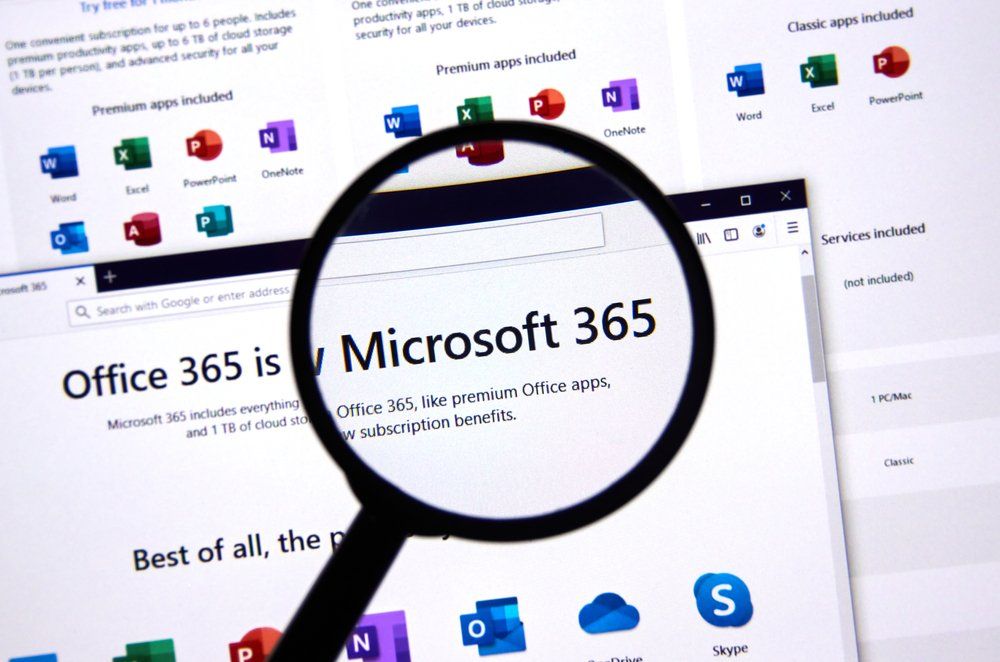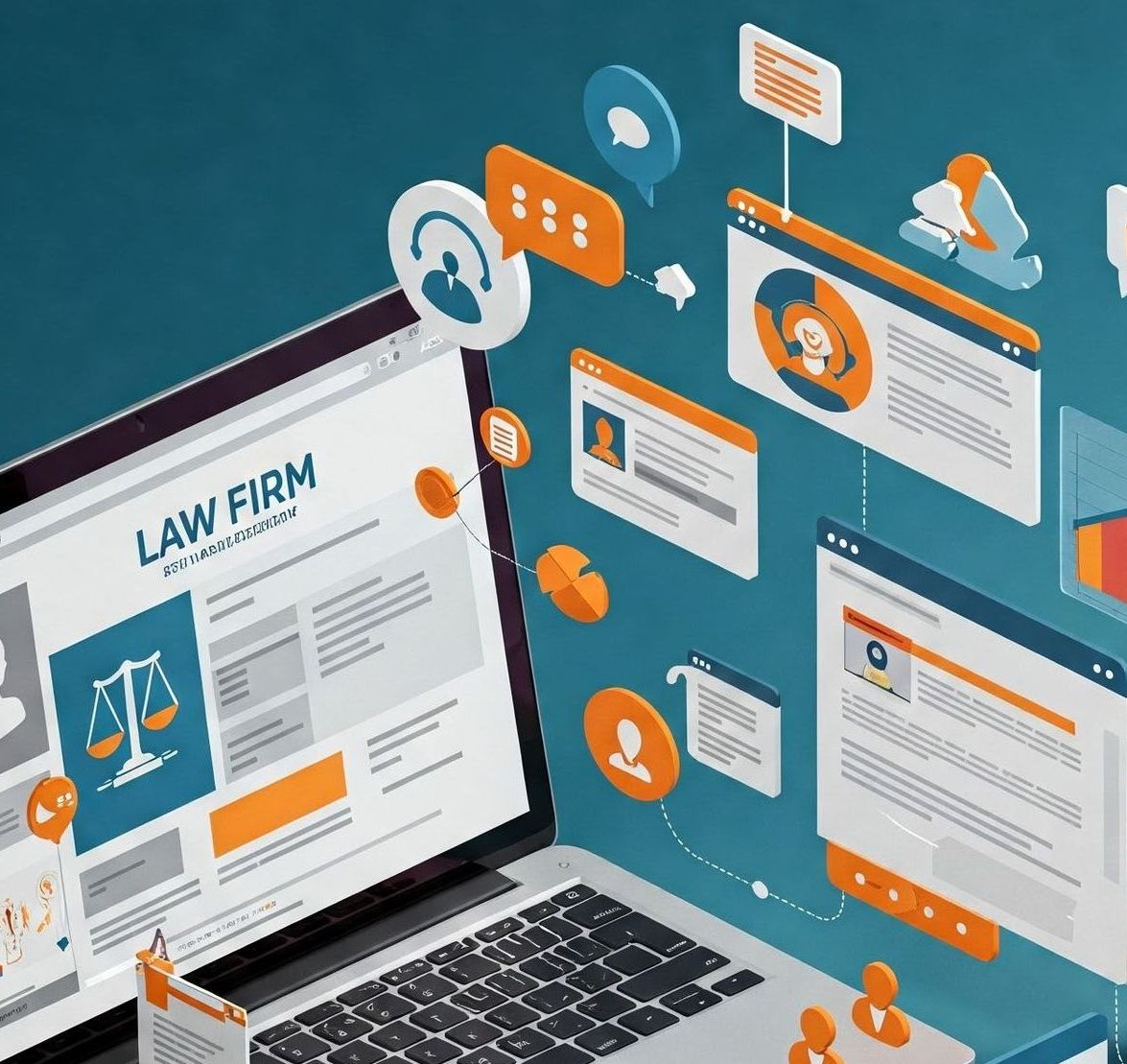Master Client Listening: A Strategic Imperative for Law Firms
Add more value to your Legal Services
Proactive client engagement is no longer a luxury for "client centric" firms — it's essential now as clients become more critical and aware of the benefits of collaborative relationships. Client expectations change constantly as more and more options to do things differently become available in all aspects of life. And, now that alternative legal service providers and in-house teams are challenging traditional models, your ability to truly listen and respond to client needs can be your strongest differentiator.
For UK law firms aiming to stay ahead, mastering the art of client listening can be transformative. However, recent research confirms that professionals are frustrated by not doing enough when listening to clients when the ammunition it provides is the best catalyst for positive change to support growth.
This is a simple blueprint for establishing enduring client relationships in the legal sector.
1. Understand the Client's World
- Deep Dive into Client History: Begin by delving deep into the client's history with the firm. Understand their journey, past interactions, challenges faced, and the nature of legal assistance they seek.
- Industry Intelligence: Research and stay abreast of industry trends and challenges relevant to the client's business. This knowledge demonstrates your firm's commitment and expertise.
2. Strategic Client Selection
- Diverse Representation: Choose clients representing diverse sectors, ensuring a mix of industries and legal needs. This diversity enriches the firm's experience and knowledge base.
- Client Segmentation: Categorise clients based on their needs and preferences. Tailor your listening approach to suit each segment, recognizing that one size doesn't fit all.
3. Crafting a Bespoke Client Listening Process
- Brand your client listening programme: to make it tangible, easier to introduce and talk about to your people and clients. Develop clear, consistent messaging for internal and external communications.
- Personalised Communication: Initiate the conversation with a personalised approach. A direct, respectful invitation from a senior partner often resonates well.
- Open-Ended Questions: Frame questions that encourage clients to express their thoughts freely. Avoid leading questions; instead, focus on open-ended queries that elicit detailed responses.
- Quantitative Research too: Follow up one-to-one discussions with a survey focused on the themes and trends that flow from your discussions. In those areas, ask clients to rank their response from 1 to 10 so you can benchmark and do direct comparisons.
4. Active Listening and Feedback
- Attentive Engagement: During meetings, focus on active listening. Show genuine interest, maintain eye contact, and take notes. Clients appreciate undivided attention. Learn to make the best use of poweful "Columbo Moments". Get personal - what are their business objectives, what would make them more successful and be prepared to explore how you can help then achieve that?
- Be Open to All Feedback: Ask for feedback explicitly. Encourage clients to share both positive experiences and areas needing improvement. This openness fosters trust and honesty.
5. Post-Listening Action Plan
- Early Follow-ups: Promptly follow up after client meetings. Acknowledge their input and outline the steps your firm plans to take based on their feedback.
- Collaborate on Actions: Translate feedback into tangible actions, doing that in collaboration with others in your practice. Not just within your own team but more widely. Whether it's refining internal processes or tailoring legal strategies, ensure that client suggestions lead to meaningful changes.
6. Continuous Relationship Nurturing
Regular Check-ins: This should not be a "one-off". Maintain regular contact beyond formal reviews. Periodic check-ins demonstrate your firm's ongoing commitment and interest in the client's success.
Proactive Communication: Anticipate client needs and share relevant legal insights and updates proactively. This proactive approach showcases your firm as a trusted advisor.
7. Embrace Technology
Lack of time and resource is a major obstacle for the client-centric law firms that know they need to work with more feedback from clients to develop and grow the business. Recent reseach shows that, disappointingly:
- 71% are not collecting feedback from enough of their clients
- Only 30% ask more than half consumer clients
- Only 25% ask more than half SME clients
- Only 24% ask more than half corporate clients
- 57% are not sharing the feedback they have received.
Automate this where you can to make sure it happens and to release time to discuss and act, not just compile.
- Feedback Surveys: Use digital surveys and other options to capture, share and collaborate on feedback post-meeting. Analyze and explore this data regularly to identify trends and areas for improvement.
- Centralise CRM & Feedback Data Integration: Ensure seamless integration of feedback into a centralised Customer Relationship Management (CRM) system, so everyone across the practice can get the full picture on client feedback and interactions.
- Use Automation & AI: Lack of time to carry out, evaluate and share research has been a major obstacle for law firms wanting to capture more feedback. There are now tools available to automate the data capture process with the option of "always-on" feedback from multiple sources. Also to automatically help identify and visualise themes and trends from higher volumes of data.
Conclusion: Nurture Client Relationships to Grow your Business
Embedding these strategies and initiatives into the fabric of your law firm's operations - being pro-active and open - can nurture client relationships to unprecedented levels. Remember, effective client listening isn't a one-time activity. It is an ongoing journey of understanding, adapting, and evolving.
Now that alternative legal service providers and in-house teams are challenging traditional models, your ability to truly listen and respond to client needs can be your strongest differentiator.
By consistently refining your approach based on client feedback, your law firm can not only meet but exceed client expectations, setting the stage for enduring partnerships and mutual growth.
TO DISCUSS your client listening strategies and initiatives to improve client perceptions of value, get in touch with Allan Carton.
You can schedule a free consultation - up to 1 hour on Teams or Zoom - here or just email acarton@cartonconsultants.com










